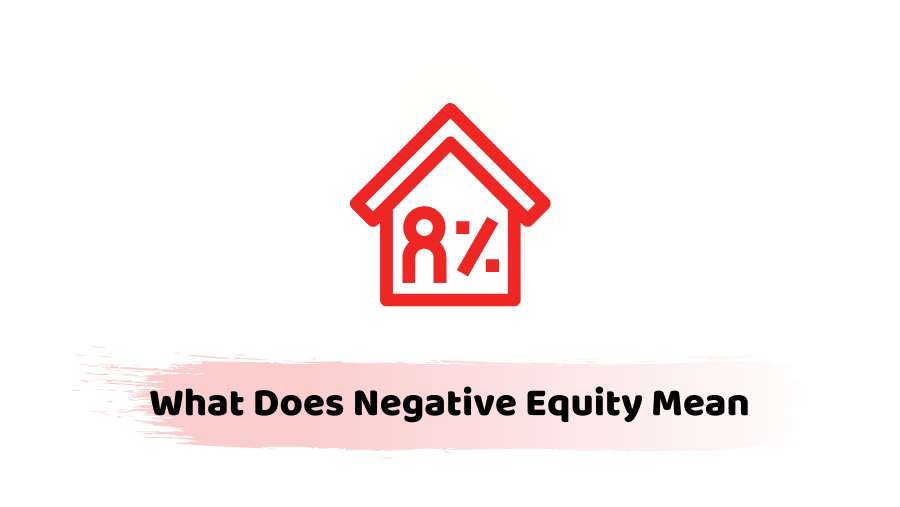You may encounter negative equity whilst selling your house, or even when you still own it. And it can be challenging to deal with. In this blog, you will get to know what does negative equity mean? What problem you may face with it? How to find whether you’re in negative equity and how to avoid it?
Let’s explore!
What Does Negative Equity Mean?
Property or house will be in negative equity if its value falls below the amount of mortgage you have on it. Normally, this situation occurs when the property prices fall.
For instance, you bought a property for £250,000 and your mortgage is worth £220,000. And the current worth of your property is £200,000. In such case, your negative equity will be £20,000.
However, if the value of your property was £250,000, with the mortgage of £220,000 but the current value of your property is £230,000. It means that you’re not in negative equity.
Worried about negative equity? Let it to our property accountants at Accotax!
Problems Due to Negative Equity
You may face a lot of financial issues being in negative equity. The main trouble caused by the negative equity is seen whilst selling your property. In this situation, you might face difficulty to repay the difference between your property value and the mortgage to the bank. So, in this way, you would continue to owe money, even after your property has been sold.
In addition, it can also be problematic when you want to remortgage to save money by getting a flat rate or cheaper deal as most of the lenders don’t approve new deals with people having negative equity due to insufficient security. Thus, you’d suffer the lender’s standard variable rate (SVR) after the expiry of your deal.
However, negative equity won’t have a bad impact on your credit score unless:
- You move house
- You fail to repay the payments
- You can’t compensate for the shortfall
Note that negative equity won’t affect your finances if you are making your mortgage payments on time.
Reach out to Accotax for affordable accounting and taxation services!
How to Find If you’re in Negative Equity?
To find out whether you’re in negative equity or not, you first need to ascertain the worth of your home or property.
You can use an online estate agent who offers free valuations services like Yopa, Purple Bricks etc. And, you may use a property comparison website like Zoopla to find out the rate of similar properties in your area. In addition, you may also contact a local estate agent to help you with property valuation.
Note that the valuation won’t let you know the exact worth of your property, rather it’d just provide you with a rough idea.
The second step to do is to find out your outstanding mortgage balance. You can find it out by contacting your lender and asking him for a balance update. Another way is to look at your most recent mortgage statement.
Then you need to compare your outstanding mortgage balance and your current property value. After the comparison, if your mortgage balance appears more than your current home’s value, it means that you’re in negative equity.
The best way to avoid negative equity is to take financial advice from our property accountants. So Reach out to us today!
How to Avoid Negative Equity?
If you want to avoid negative equity, you need to follow the mentioned steps below:
You need to consider the following points when buying a property or home:
- Research beforehand to ensure that you’re paying for the property as per its worth.
- Pay as large a deposit as you can.
- If property prices are in peak (hot period) consider delaying until the situation normalised.
- Avoid deals with only interest, even if the repayments are too low.
Consider these points when you’re owning a property:
- You can overpay your mortgage if your deal allows.
- You need to remortgage after the expiry of your deal to always pay the best rate.
Quick Sum Up
After going through this post, we hope that you are now well aware of what does negative equity mean? What problem you may face with it? How to find whether you’re in negative equity and how to avoid it? You may suffer negative equity when there is a fall in property prices. It can be difficult to deal with whilst selling your property or applying for a remortgage. However, there are multiple ways to avoid negative equity but contacting a professional for financial advice is worth a try.
If you are suffering from negative equity, you may reach out to our property accountants to deal with it!
Have a Query? Reach out Or Get an instant quote now!
Disclaimer: This blog is intended for general information on negative equity.





















































